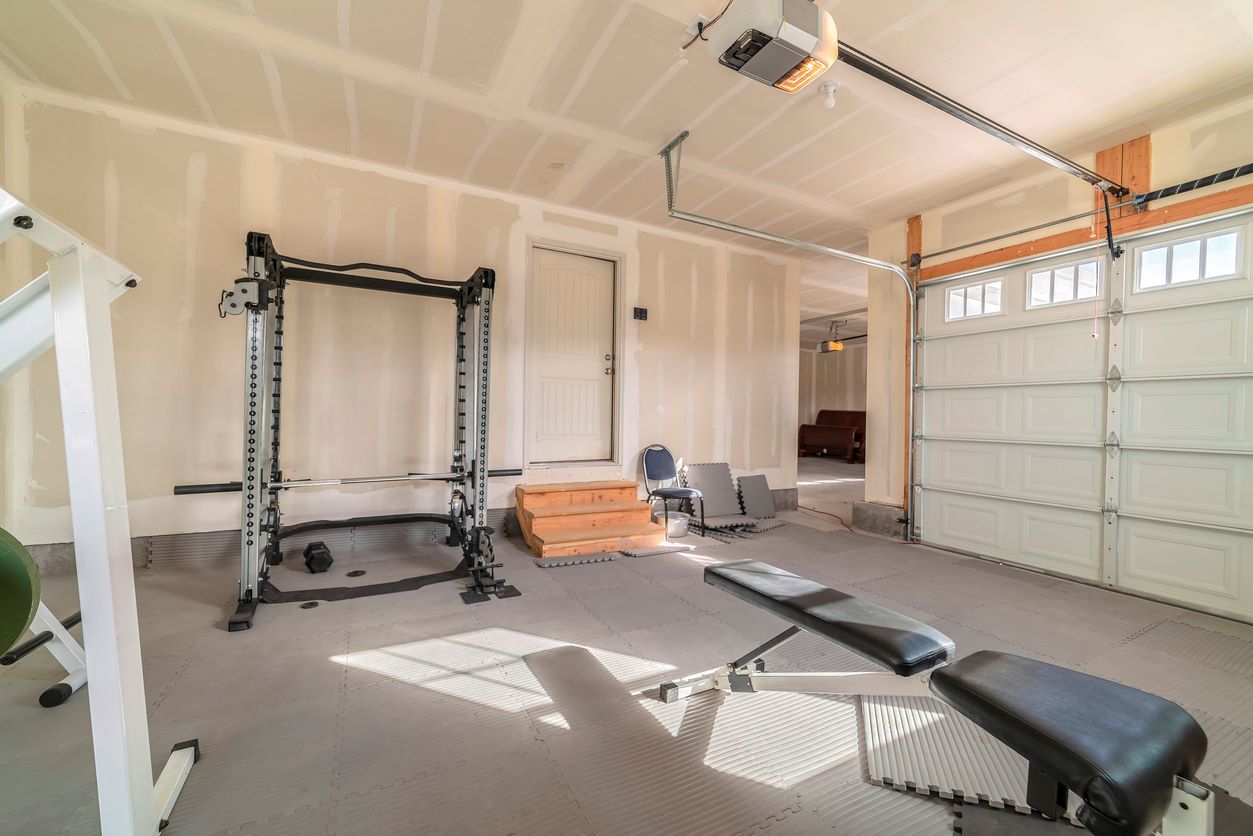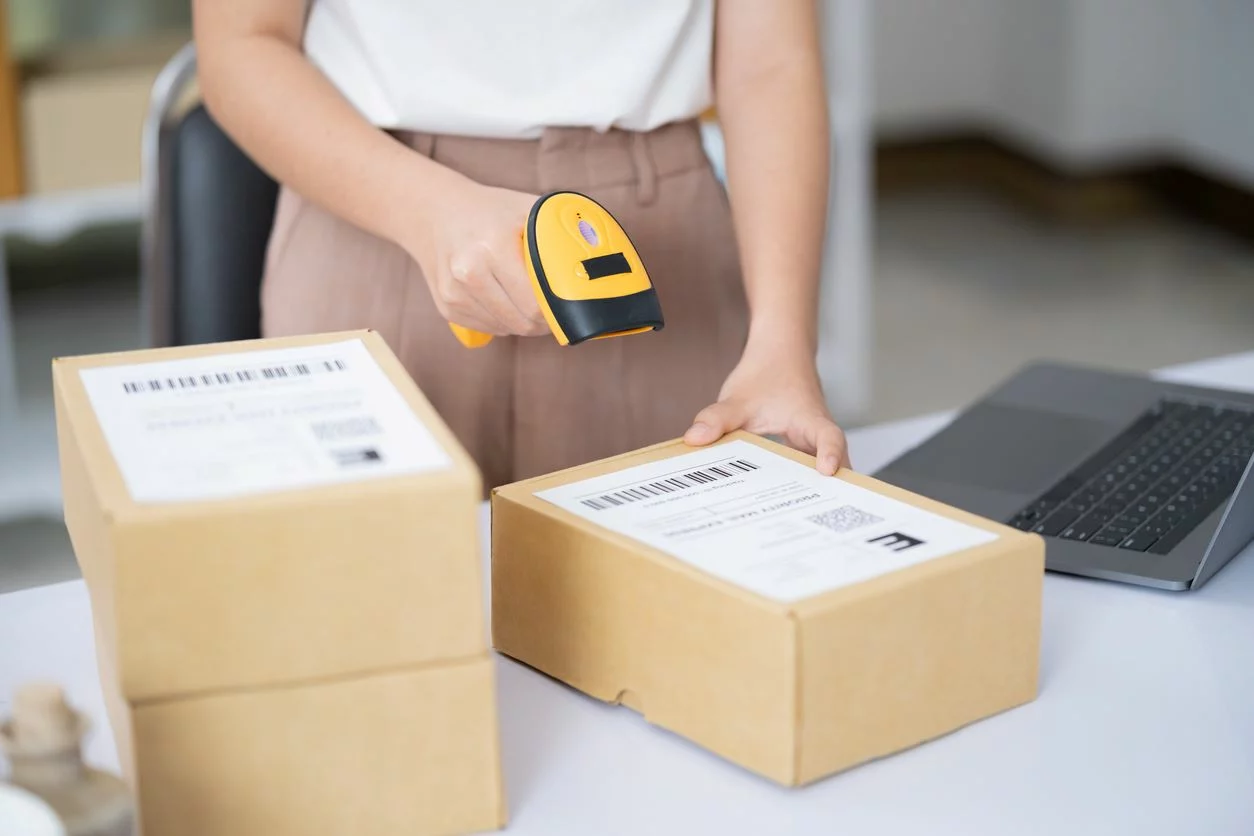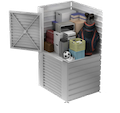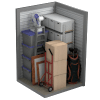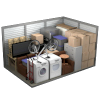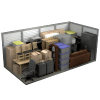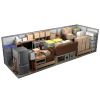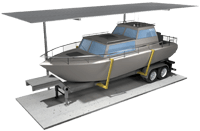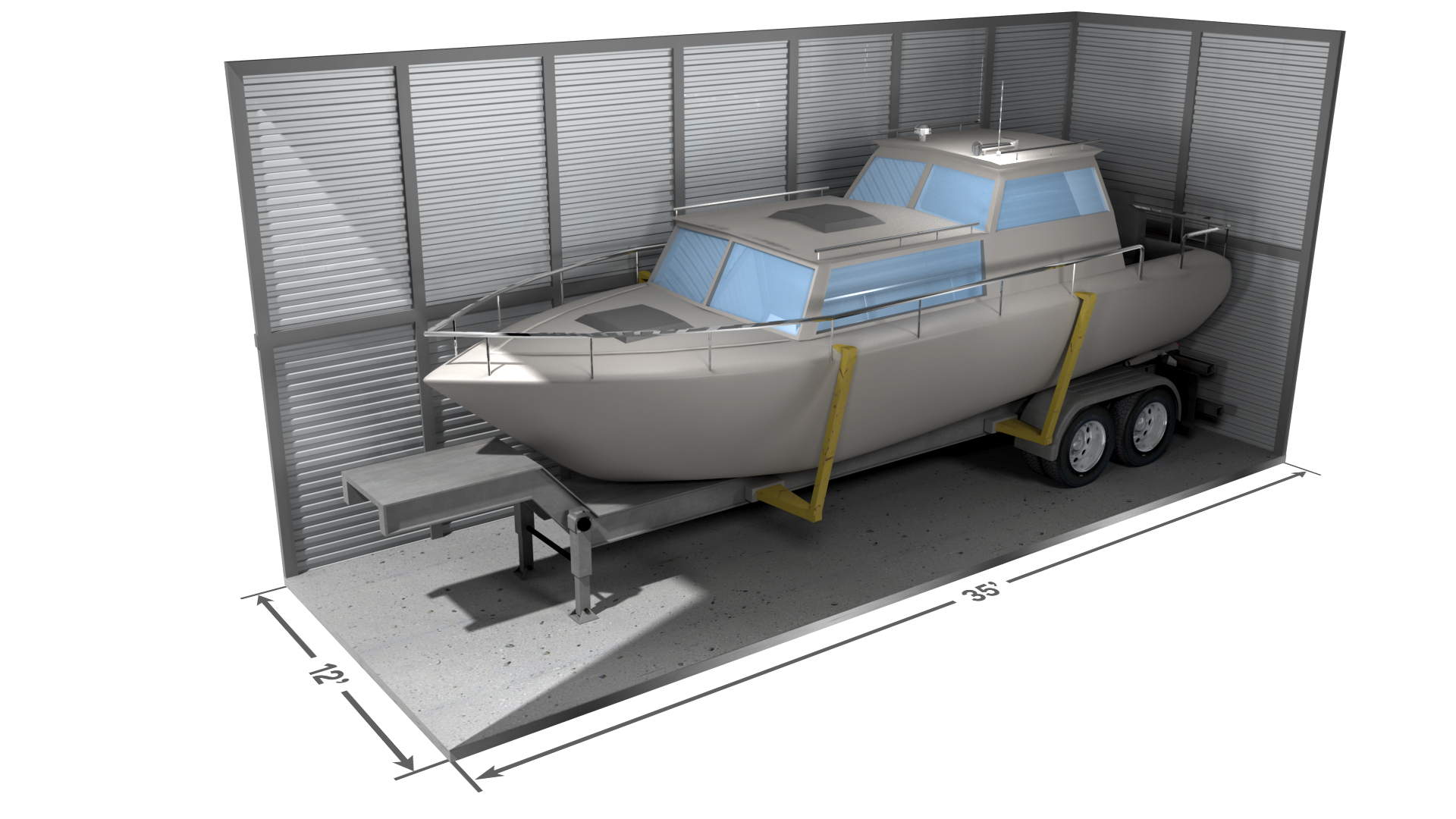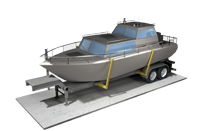Camping is a fantastic way to reconnect with nature, unwind, and create lifelong memories. Whether you’re an experienced outdoor enthusiast or a novice adventurer, this outdoor activity has something for everyone. However, camping is not only about experiencing the beauty of nature but also about protecting your well-being and preserving the environment for future generations. In this blog, we’ll equip you with valuable insights and essential tips to help you stay safe and well-prepared during your camping adventures.
From understanding the importance of proper planning to mastering campsite safety measures, we’ll cover a range of topics to ensure you have a safe and memorable time in the great outdoors. We will discuss essential campfire safety, wildlife encounters, and more topics that every camper should be familiar with. So, let’s dive into this resourceful guide and embark on a journey toward safe and responsible camping!
Enjoy the Warmth Responsibly with Campfire Safety
There’s nothing like gathering around a crackling campfire, sharing stories, and enjoying the warmth and ambiance. However, campfires pose potential risks if not handled with caution. To ensure your campfire experience remains safe and enjoyable, follow these essential campfire safety tips:
- Check the local regulations: Before starting a campfire, research the area’s regulations and any fire restrictions or bans in place.
- Choose a suitable location: Use an existing fire pit or an open area away from overhanging branches, dry grass, and leaves. You can create a makeshift fire pit out of large rocks or stones you find in the area if needed.
- Gather proper firewood: Use untreated wood to build the fire, and collect dry or dead wood from the ground rather than breaking branches off living trees.
- Supervise the fire: Never leave the campfire unattended, and keep any litter or burnable material away from the fire in order to prevent it from spreading outside of the pit.
- Extinguish the fire completely: Always ensure that your match, lighter, or other firestarter is extinguished entirely, and drown the fire with water when you are done with it. Make sure that everything is wet, and no hot embers are left behind underneath the surface.
By following proper campfire safety practices, you can enjoy the warmth and camaraderie of a campfire while minimizing the risk of accidents or environmental damage. Responsible fire management ensures a safer and more sustainable camping experience for everyone!
Wildlife Encounters
Encountering wildlife while camping allows you to appreciate and coexist with nature. However, while these experiences can be thrilling and memorable, it’s essential to prioritize your safety and respect the well-being of the animals. Here are some guidelines for ensuring safe wildlife encounters while camping:
- Maintain distance: Stick to the trails, especially at night, and do not approach any animals that you come across.
- Avoid feeding wild animals: This helps protect you and the animals as some food can harm wild animals
- Make noise and be visible: If you are too quiet, you may startle an animal and cause them to attack. If you make noises as you are moving, they know you are nearby.
- Watch for animal droppings and tracks: This can tell you if an animal is nearby.
- Store food properly: Keep all food and trash securely stored in wildlife-resistant containers. Hang food bags from a tree branch at least 10 feet above the ground.
By following these helpful tips, you can enjoy the beauty of wildlife while minimizing risks and contributing to the conservation of their natural habitats.
Unpredictable Weather Conditions
Camping in the great outdoors exposes you to the beauty and rawness of nature, including its unpredictable weather. Sudden storms, temperature fluctuations, and other challenges can arise unexpectedly. You can be better prepared for various weather conditions by checking the forecast, packing appropriate gear, dressing in layers, and securing your tent. You should also remain mindful of lightning and be aware of shelter nearby in case of an emergency.
Being prepared and staying informed will help you navigate through unexpected weather challenges and make the most of your outdoor adventure.
General Camping Safety Tips & Best Practices
Camping is a wonderful way to engage with nature and disconnect from the hustle and bustle of daily life. However, it’s important to prioritize safety to ensure a smooth and enjoyable camping experience. If you’re planning a camping trip, make sure to bring plenty of food and water along with a first-aid kit. Remain aware of your surroundings and expect the unexpected as you prepare for your trip.
Remember, while this guide provides general safety tips, it’s important to adapt them to your specific camping location, local regulations, and personal circumstances. Always research and adhere to any specific guidelines provided by park authorities and camping experts in your area.
Safely Store Your Camping Gear Between Adventures with Safeguard
As you know, quality camping gear is certainly not a small expense. If you’ve spent years of your time and hard-earned money collecting a robust assortment of camping gear, we understand wanting to do whatever it takes to keep those items in top condition for as long as you can. That is why properly storing your belongings between camping trips is critical.
When you get home after an eventful weekend in the woods, you’ll want to spread out all of your camping gear and make sure that everything is dry and clean before putting it back on the shelf.
- Open up your tent, sleeping bags, chairs, and anything else made of fabric and give them some time in the sun in order to fully dry out from any morning dew or rainfall that may have happened overnight. Putting them away wet will result in mold, mildew, and some very unpleasant smells.
- Go through your camp stove, cooking utensils, and other gear used for meal preparation and give it a thorough hand-wash or run through the dishwasher. You don’t want to store anything that may have food particles in it! Make sure these items are all dried off before placing them in storage.
Having a full range of camping gear can take up quite a bit of space, quickly overrunning your garage, shed, basement, or closets at home. If you’ve been grappling with the not-so exciting adventure of finding a place to keep all of your camping supplies between trips, your friends at Safeguard have you covered.
Our residential storage units come in a variety of sizes and useful features, giving you the additional space you need to safely store your camping gear without cluttering up your home. Want to learn more about our offerings, or ready to start renting your own unit? Find a Safeguard Self Storage location near you to speak with a member of our team, or rent and reserve your unit online at any time!

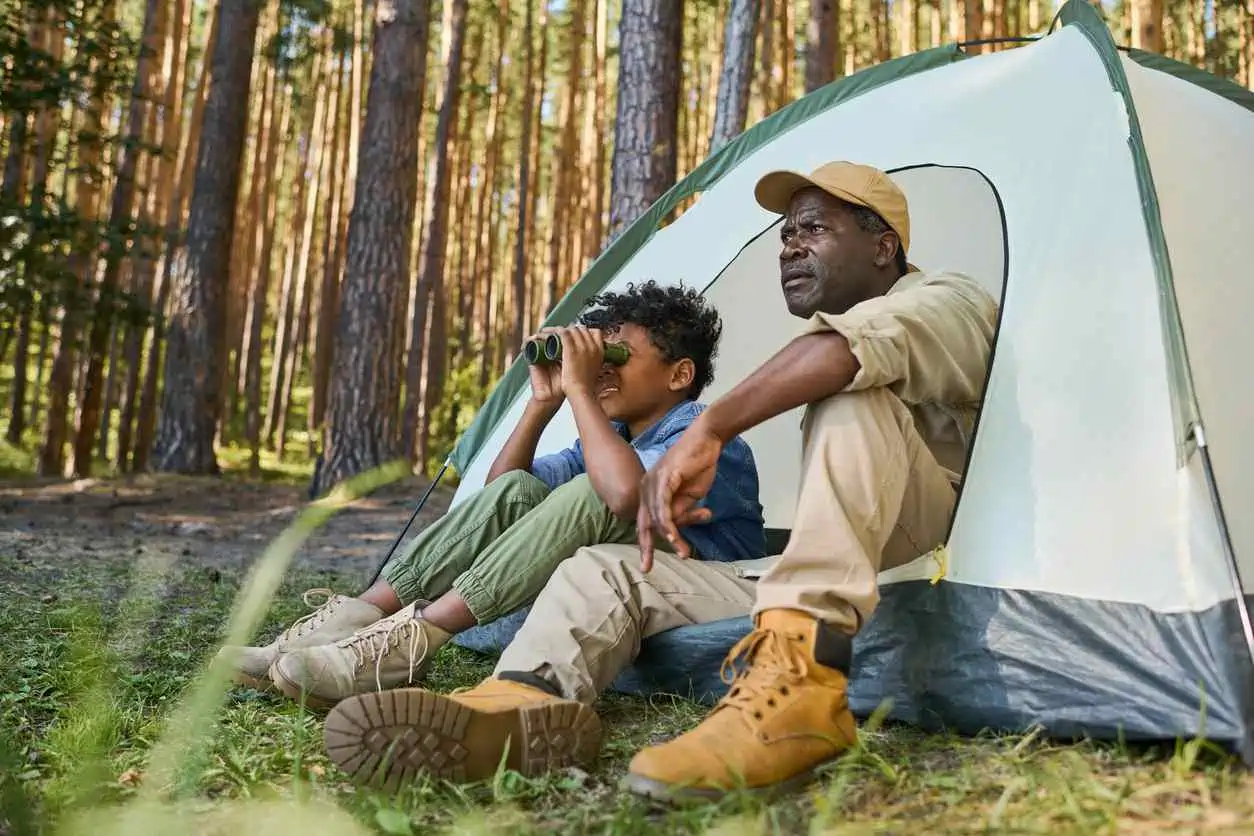 ';
';

